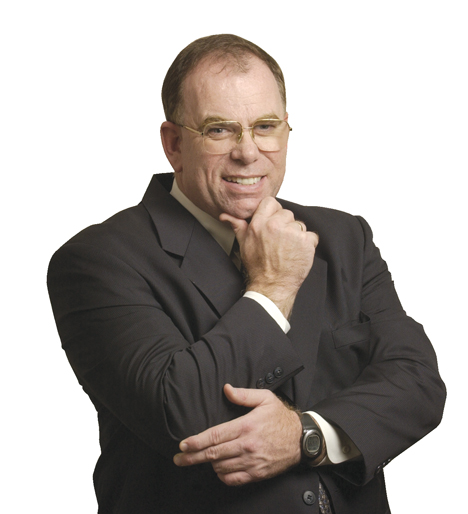
Death is a term that most of us are reluctant to talk about. It’s almost as if we don’t want to seem offensive.
But we’re not nearly as reticent when it comes to thoughtless language that refers to our oldest citizens. The hurtful terms are blurted out all too often: biddy, codger, coot, fogy, fuddy-duddy, geezer, sweet old lady and vegetable, to name but a few.
Small wonder that 4 of 5 people who live past age 65 report they have been on the receiving end of ageist stereotypes. These are the ideas, attitudes, beliefs and practices that are biased against people because of advancing age. While the names and suggestions may vary, their intent is unmistakable: They let the person on the receiving end know that he or she is not quite measuring up.
But the time for a reality check has arrived. We are, after all, an aging nation. Currently, there are 76 million Americans who were born in the two decades immediately following World War II. These baby boomers represent more than 28% of the nation’s overall population.
Life expectancy for men is now 82 years, and it’s 85 years for women. Moreover, their ranks will only continue to grow for decades to come. So we should be more careful when we refer to older people—and how.
The International Longevity Center, and Aging Services of California recently teamed up to create Media Takes: On Aging. The stylebook is intended to help media professionals navigate the minefield of politically correct and incorrect ways of identifying and portraying the elderly.
(Full disclosure: My colleague Jim Berklan was contacted for the stylebook and is quoted in it.)
I found its recommendations for journalists personally helpful. But the suggestions would probably benefit any person who helps take care of older people. Such as:
• When in doubt, ask sources what term they prefer.
• Avoid being patronizing or using stereotyping terms.
• Use “individual” or “person.”
• Remember that older adults are not a monolithic group.
Perhaps the stylebook’s best suggestion is to redefine aging as an active verb—a process we all experience rather than a label to be placed on the old and frail among us.
Admittedly, aging as an active verb is a concept that may take some getting used to. But it’s a dramatic improvement on some of the terms still being used.
From the March 01, 2009 Issue of McKnight's Long-Term Care News




